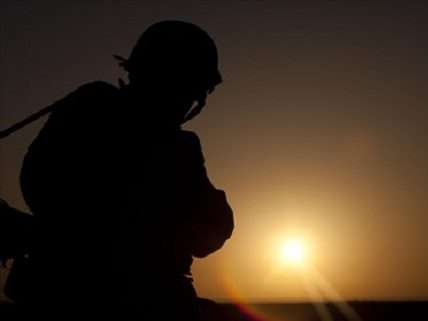Summer Tryouts for Afghan Army, Decision on Withdrawal Details in November, Top Commander Tells Congress
2014 withdrawal date starting to recede in the distance

President Obama has been "ending the war" in Afghanistan, in its twelfth year, for the last four years. A proposed timeline for a 2014 withdrawal for NATO came with a "long-term" ten year deal between the U.S. and Afghanistan which could see something like 10,000 U.S. troops remaining in the country after the "end of combat operations." In a joint press conference with Afghan President Hamid Karzai, Obama described America's post-withdrawal role as a "limited mission" to train Afghan forces and hunt down Al-Qaeda (another open-ended mission). The president and his administration faces political paralysis vis a vis Afghanistan, as a result of both an absence of leadership and bureaucratic infighting, and with the start of 2014 less than eight months away, few details are available on how withdrawal might look (other than to say it depends on the progress of the Afghan army, a bleak proposition).
NATO's top man in Afghanistan, Marine General Joseph Dunford, warns of "growing uncertainty" in the country absent a "dynamic and compelling commitment" from the United States. Dunford avoided providing details on withdrawal to Congress in his first testimony since becoming the man in charge in Afghanistan. U.S. troops should stay in Afghanistan past the 2014 withdrawal date, the general said, but what the withdrawal actually means (how many troops are coming home?) should depend on how the Afghan army does in the summer fighting season, with a decision to follow in November. There's little reason to be optimistic the Afghan government can meet any kind of benchmark the U.S. sets as a condition for withdrawal; opium production in Afghanistan is set to hit a record high this year, the cost of corruption is pegged at nearly $4 billion, and the Afghan army itself loses nearly a third of its force each year to attrition and desertion. At this rate, there'll always be a reason for the U.S. to stick around in Afghanistan.


Show Comments (62)